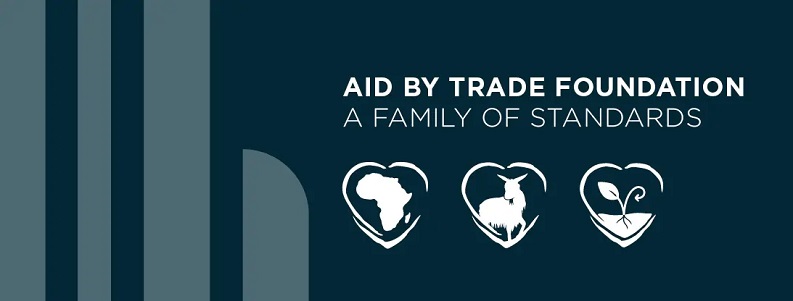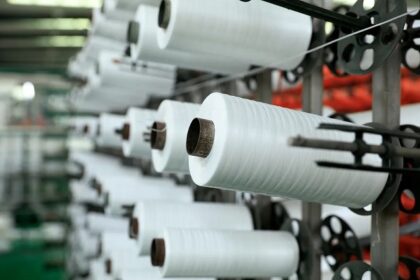The Aid by Trade Foundation (AbTF), a leading organization for sustainable cotton and cashmere standards, has expanded its global reach. More than 3,000 companies in the textile supply chain are now sourcing raw materials verified under AbTF standards. New fashion partners include Mango and Nordstrom, demonstrating rising demand for verified sustainable raw materials.
According to its 2024 annual report, AbTF’s income grew 6% to €8.6 million. These funds were reinvested into sustainability projects, farmer support, transparency programs, and biodiversity initiatives in key cotton and cashmere production regions.
Expanding Global Network of Sustainable Textile Partners
AbTF operates several internationally recognized standards that are transforming sustainable raw materials:
- Cotton made in Africa (CmiA)
- CmiA Organic
- The Good Cashmere Standard® (GCS)
- The Regenerative Cotton Standard® (RCS)
Together, these certifications support over 800,000 cotton farmers and 5,500 goat herders, ensuring better livelihoods, climate-friendly agriculture, and ethical supply chains.
The inclusion of Mango and Nordstrom highlights the growing importance of sustainable cotton and cashmere sourcing in the global fashion industry.
Also Read: Brazil Strengthens Grip on Global Cotton Market with Record Exports, Sustainability Push
Tangible Results in Sustainable Cotton Farming
Sustainability in the textile sector is often questioned, but AbTF’s results show measurable progress:
- Biochar use increased cotton yields by up to 15%.
- Soil management techniques improved harvests by up to 37%.
- Farmers adopted climate-smart farming methods that reduce environmental impact.
These outcomes prove that sustainable cotton farming not only protects the planet but also strengthens economic stability for producers.
Transparency in the Fashion Supply Chain
In January 2025, AbTF introduced its Transparency Standard. This system provides independent audit-backed traceability for CmiA and RCS cotton. Each step of the supply chain, from farmer to fashion retailer, is digitally recorded.
For brands like Mango and Nordstrom, this system supports compliance with new EU and US supply chain due diligence regulations while boosting consumer trust in sustainable fashion.
Also Read: Bangladesh and CottonConnect Join Forces to Elevate Sustainable Cotton
Biodiversity Fund for Sustainable Cotton and Cashmere
To celebrate its 20th anniversary, the Aid by Trade Foundation launched a €500,000 Biodiversity Fund. This initiative supports projects to restore ecosystems, conserve species, and promote nature-positive practices in cotton and cashmere regions.
By linking sustainability with biodiversity, AbTF is ensuring that the environmental benefits of its standards go beyond farming.
Why This Matters for the Fashion Industry
Cotton and cashmere are essential raw materials for global apparel, but they face criticism for environmental damage and poor labor practices. The Aid by Trade Foundation’s sustainable standards offer brands a credible solution.
By partnering with AbTF, companies like Mango and Nordstrom ensure that their raw materials are:
- Sourced responsibly
- Traceable across the supply chain
- Supporting farmer livelihoods
- Environmentally sustainable
This positions them as leaders in the growing market for sustainable fashion.
Conclusion
With more than 3,000 partners worldwide, the Aid by Trade Foundation is setting a benchmark for sustainable raw material standards. From regenerative cotton farming to cashmere traceability, its influence continues to grow across the fashion industry.
As consumer demand for transparency and eco-friendly apparel rises, AbTF’s standards—Cotton made in Africa, CmiA Organic, Good Cashmere Standard, and Regenerative Cotton Standard—are becoming the new norm for sustainable cotton and cashmere sourcing.






